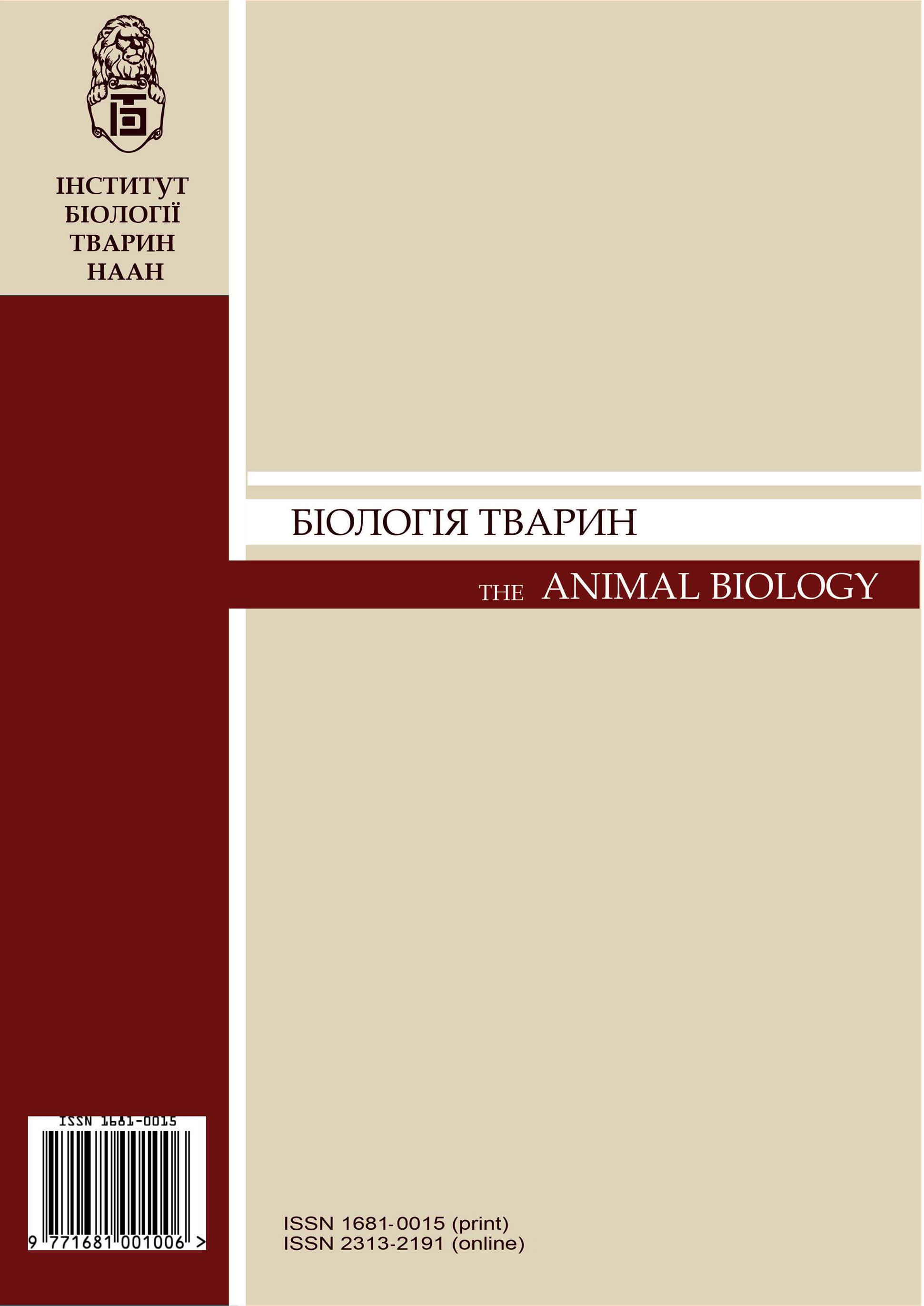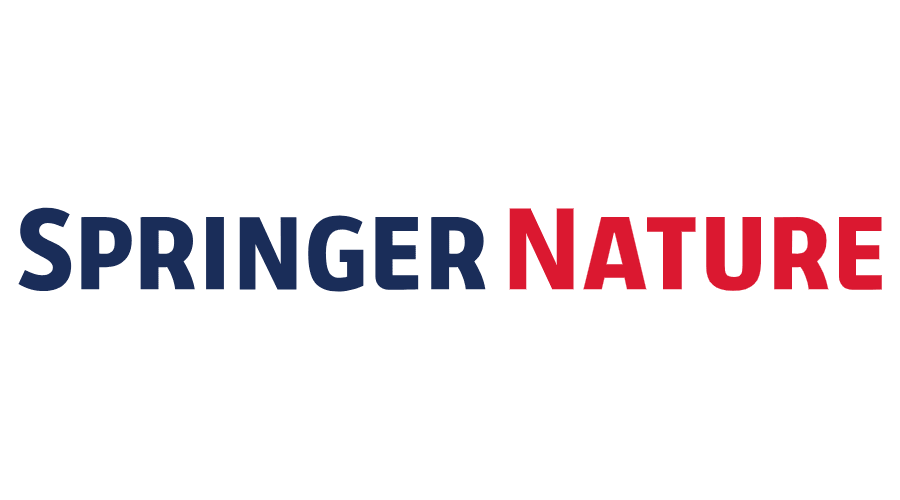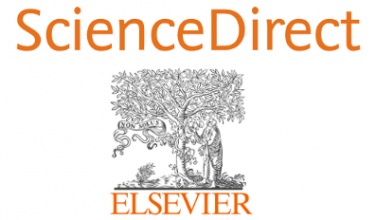OVERVIEW
The Laboratory of Physiology, Biochemistry and Nutrition of Poultry was established in 1997 on the premise of research findings of Protein and Amino Acid Laboratory (managed by Petro Lahodyuk, Doctor of Biology, Professor, Academic of the Ukrainian Academy of Agrarian Sciences), Vitamin Laboratory (managed by Stanislav Paienok, Doctor of Biology, Professor), and Enzyme Laboratory (managed by Nikon Dovhan, Candidate of Biological Sciences, Senior Research Fellow).
The first head of the laboratory was Yaroslav Kyryliv (1997 – 1998), Doctor of Agricultural Sciences, Professor, Corresponding Member of the Ukrainian Academy of Agrarian Sciences. He was succeeded by: Petro Stapai (1998-1999), Doctor of Agricultural Sciences, Professor; Barna Kruzhel, Candidate of Biological Sciences, Senior Research Fellow; Halyna Stoianovska (1999-2005), Candidate of Biological Sciences, Senior Research Fellow. Since March 2005, the laboratory has been managed by Alla Hunchak, Doctor of Agricultural Sciences, Senior Research Fellow.
THE LABORATORY STAFF:
Hunchak Alla – head of the laboratory, Dr.Sc.
Kyryliv Bogdan – leading researcher, Dr.Sc.
Sirko Yaroslav – senior researcher, Ph.D.
Stefanyshyn Olha – senior researcher, Ph.D.
Serhii Sachko – junior researcher
RESEARCH AREAS
The laboratory performs the following tasks in the Scientific Research Program 43 "Adaptation processes in highly productive farm animals under the influence of environmental and climatic factors":
-
- 43.00.02.04. Identifying the Role of Substrate in Biochemical Mechanisms of Nutrient Transformation in Poultry Feed to Decrease Nitrogen Compound Emissions into the Atmosphere” (2021-2025).
- Systemic research of metabolism intensity in highly productive cross-breeds and lines of chicken of different types of productivity for identifying the role of substrate in digestion of nutrients from feed to decrease nitrogen compound emissions into the environment.
- Studying the mechanisms of transformation of nutrients from feed into poultry egg and meat in order to get quality products safe for consumption as well as products corresponding to intended purpose.
- Research of the impact of climate change and heat stress on poultry metabolism and productivity.
- Developing recipes of combined feed for commercial and breeding poultry to ensure maximum genetic potential without the use of prohibited biological stimulants, antibiotics, hormones and other substances which suppress or overstimulate internal secretion glands.
MAIN ACHIEVEMENTS
Most significant results of fundamental research:
- Substrate mechanisms of metabolism regulation in poultry.
- Physiological and biochemical regularities of nutrient digestion within diets that contain: non-traditional grain components; different quantities and forms of fat-soluble vitamins A, D3, E; enzyme preparations; citrates of microelements; yeast biomass (producers of biologically active substances).
- Theoretical validation of the concept of increasing iodine concentration in poultry diets. Regularities of metabolism run under additional iodine quantities, their impact on embryonic and postembryonic development of young birds and the specifics of their transformation into poultry breeding products.
- Identified mechanism of metabolism stimulation in poultry under the impact of biogenic supplements (phyto-preparations and natural lipid-rich sorbent).
Most essential practical findings:
- Combined feed recipe for commercial and breeding poultry ensuring maximum genetic potential without the use of prohibited biological stimulants, antibiotics, hormones and other substances which suppress or overstimulate internal secretion glands;
- Nutritional supplements to be used in feeding different kinds of poultry in order to obtain foods of intended use (poultry eggs with enhanced iodine levels for iodine deficiency prophylaxis in people);
- Methods of correcting metabolism in different kinds of poultry that ensure enhanced productivity, improved nutritional and biological value of the products obtained as well as decrease of the amount of emissions generated by feed.
COLLABORATION INTERESTS
Research of metabolism in poultry under the impact of nutritional, environmental and climatic factors.
The laboratory offers:
- Physiological and biochemical tests of poultry blood, muscles and eggs.
- Comprehensive assessment of the quality and safety of feeds, supplements and premixes for animals according to contemporary international requirements.
- Comprehensive estimation of the biological and nutritional quality of poultry eggs pursuant to contemporary international requirements.
- Consultative support of poultry breeding farms on the issues of nutrition of poultry of different type, age and productivity groups.
- Microbiological monitoring of animal farming facilities, water, feeds and poultry breeding products.
RECENT PUBLICATIONS
Hashchyshyn V, Tymochko-Voloshyn R, Paraniak N, Vovkanych L, Hlozhyk I, Trach V, Muzyka F, Serafyn Y, Prystupa E, Boretsky Y. Regeneration of skeletal muscle fibers and regulation of myosatellitocytes metabolism. Cytol. Genet. 2022; 56 (3): 253–260. https://doi.org/10.3103/S0095452722030033 (Scopus)
Karpenko Y, Hunchak Y, Gutyj B, Hunchak A, Parchenko M, Parchenko V. Advanced research for physico-chemical properties and parameters of toxicity piperazinium 2-((5-(furan-2-YL)-4-phenyl-4H-1,2,4-triazol-3-YL)THIO) acetate. ScienceRise: Pharmaceutical Science. 2022; 2 (36): 18–25. DOI: http://doi.org/10.15587/2519-4852.2022.255848 (Scopus)
Bigdan O, Parchenko V, Kyrychko B, Zvenigorodska T, Gutyj B, Gunchak A, Slivinska L, Savchuk L, Nazaruk N, Kit L, Dashkovskyy O, Guta Z. Test of antimicrobial activity of morpholine 2-(5-(3-fluorophenyl)-4-amino-1,2,4-triazol-3-ilthio) acetate (BKP-115) by experimental model of pancreatitis in rats. Ukrainian Journal of Ecology. 2020; 10(3): 201-207 DOI: 10.15421/2020_155 (Web of Science)
Hunchak V, Martynyshyn V, Gutyi B, Hunchak A, Stefanyshyn O, Parchenko V. Impact of 1,2,3,4-thio-triazole derivative-based liniment on morphological and blood parameters of dogs suffering from dermatomycoses. Regulatory Mechanisms in Biosystems 2020; 294-298. DOI: 10.15421/022044 (Web of Science)
CONTACT INFORMATION
Laboratory of Physiology, Biochemistry and Nutrition of Poultry
Contact person: Hunchak Alla – Head of the laboratory, Dr.Sc.
Tel: +38 (098) 26 65 253
Email: This email address is being protected from spambots. You need JavaScript enabled to view it.





